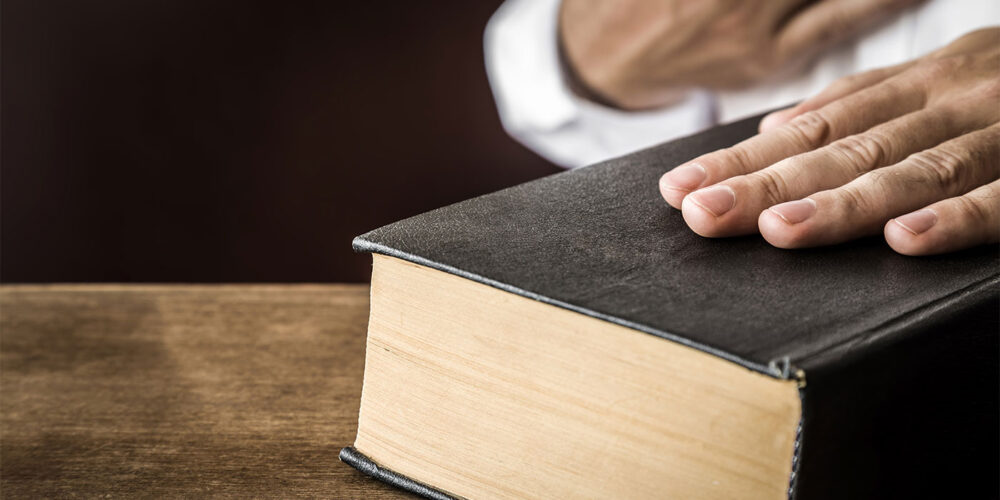Robert (Bob) Hurns, counsel and legislative database manager for the Property and Casualty Insurers Association of America, was recently quoted as saying: “An insurance contract is a legally binding contract, and it controls how a vehicle will be repaired when an accident occurs.”
But for the quote to be factual, Hurns would’ve needed to include this qualifying language: “ … to an insured’s vehicle when the insurer formally elects the ‘repair’ option available under the payment of loss provision.”
And when an insurer elects the “repair” option, the insurer bears fully the liability for its repair choices. Absent the election of the “option to repair,” if an insurer chooses to deny payment for a portion of the claim while “paying for the loss in money,” it’s bound by most state laws to explain in writing the failure to pay the entire loss.
Of course, none of this applies to third-party losses, where attempts to apply policy language to someone who’s not an insured is common law fraud.
Where DRPs are concerned, they are, when applied to third-party losses, a “conspiracy to defraud” under each state’s Consumer Fraud and Deceptive Practices Act.
When DRPs are applied to first-party losses, the limitations imposed on the repairer must be known to the insured in writing as part of the original policy language and the use of the DRP shop must come directly linked to the insurer’s formal notification to the insured of its election of the “repair option.”
In all cases, the relationship between the insurer and the repairer it’s contracted to repair an insured’s vehicle and the relationship each has to the consumer must comply with each state’s Consumer Fraud and Deceptive Practices Act. Additionally, in cases when the option to repair is elected, the insurer (since it’s acting as the “repairer in fact”) must be licensed as a repairer and meet all requirements of state law.
Separately, if the repairer has or will negotiate on behalf of an insured with an insurer (DRP contract, agreed figure, etc.) the repairer must be a Licensed Public Insurance Adjuster (PIA) and have a separate contract to perform in that manner. Without that credential, the repairer must be an attorney to represent an insured in such matters or face possible action against him for the unauthorized practice of law (UPL). Negotiating on behalf of a third-party claimant, as is common in the industry, is also a UPL.
The business of repairing damaged property is not the business of insurance. The business of representing the interests of injured parties is not the business of repairing damaged property. The business of representing the interests of injured parties is not the business of insurance.
And the business of representing insurance companies is not the business of telling the entire truth. Hurns is paid to represent his true clients, the insurers, and he acts in a manner and uses words that will not compromise the interests of those clients.
In what is perhaps the greatest of all ironies, the collision industry could stand to emulate Bob’s commitment to his clients — to take stock of who our true clients are and to act in a manner that will not compromise their interests.
Writer Wade Ebert is a second-generation collision shop owner. In 1990, he left college and returned to the shop after his father, Bill Ebert (Ebert/American Auto Body v. State Farm) asked Wade to help him run the shop. Wade considers himself an advocate of common sense — “Something of which this industry, in my opinion, has very little.”













